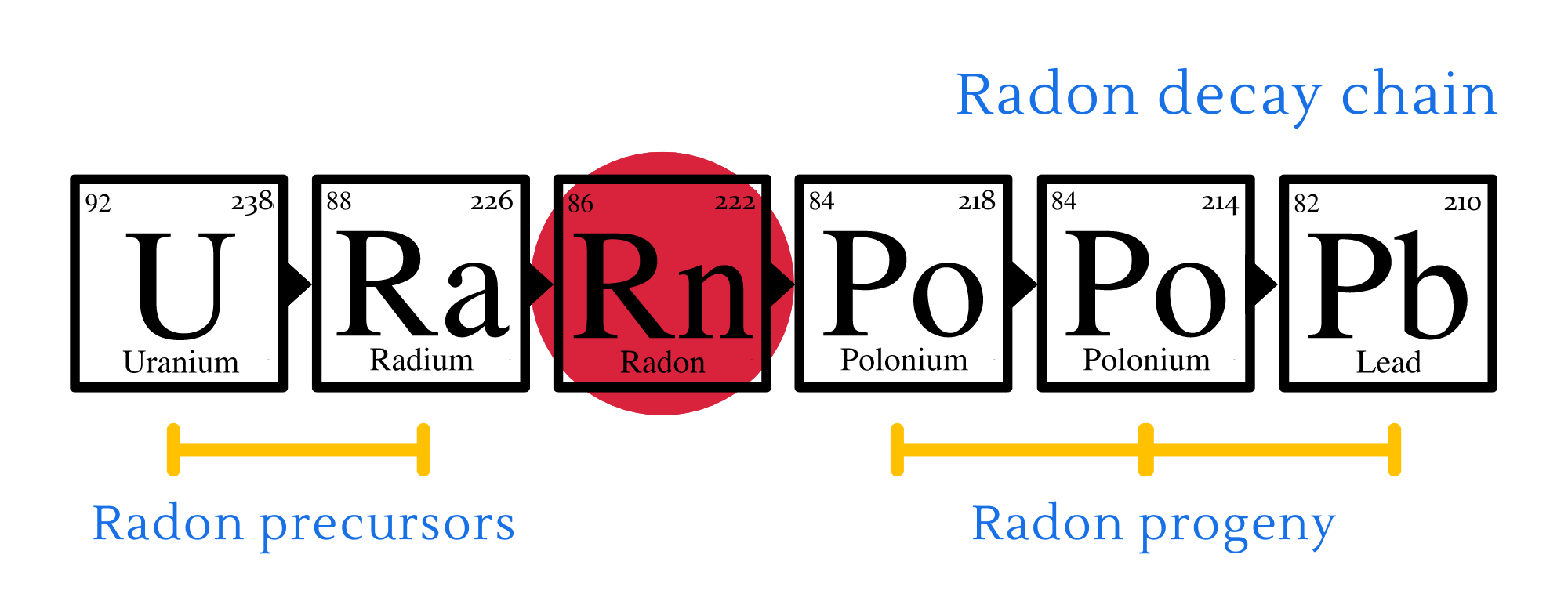Environmental Health:
Radon
Did You Know?
New Brunswick geology is high in uranium, which emits radon gas.
Purchase a Radon Test Kit
Each Radon Test Kit purchased from NB Lung includes
- A CNRPP-Certified long-term testing device
- All shipping costs, including a pre-paid return envelope
- Lab Fees for analysis at RPC, your local New Brunswick lab
- Support for NB Lung’s outreach programs
Radon comes from uranium based rock.
You can’t see, smell or taste it, but radon is in all homes.
It seeps into buildings through cracks in floors, walls, pipes, and foundations. Our houses are designed to trap air indoors and protect us from extreme weather, but unfortunately this also traps radon. Long-term exposure to high levels of radon poses a serious health risk.
1 in 4 New Brunswick homes have high radon.
It’s naturally occurring, and it’s nobody’s fault.
Radon gas is radioactive. It decays quickly, releasing tiny radioactive particles. When inhaled, these particles can damage the cells inside our lungs. Over time this damage can lead to lung cancer.
Radon is the second leading cause of lung cancer in Canada (after smoking).
If you live in a building with high radon or if you spend a lot of time in one, you are at higher risk for lung cancer. If you also smoke, your risk increases sixfold.


“I love New Brunswick, I’m here because I love it. But right now, the area has this hidden danger… this odourless, colourless, tasteless gas.“

How to read your test results:
Radon is measured in becquerels per cubic metre (Bq/m3).
A becquerel is a unit of radioactivity, so Bq/m3 just means “how much radioactivity is in one cubic metre of air”.
If your home’s radon level is less than 200 Bq/m3, Health Canada radon guidelines say that no action is required.
However, even low levels of radon can be harmful. It’s a good idea to try to lower your home’s radon level as much as possible, even if it’s already below 200 Bq/m3.
Results above 200 Bq/m3 should be taken seriously.
The higher the level, the sooner corrective measures should be taken.
Reduce radon levels in your home
To lower the radon level, you need to hire a contractor to:
1) Figure out where the radon is coming in and
2) Complete repairs to stop it from coming in
Find a certified radon professional:
You should hire an experienced, reputable contractor to mitigate your home.
Visit the Canadian National Radon Proficiency Program (C-NRPP) website or contact them at 1 800 269 4174.
Did You Know: High radon test results don’t make your home less valuable.

“It is really important to understand about radon, because of course this kind of cancer is entirely preventable. “
NB Lung has been helping New Brunswickers breathe easier since 1933.
Thank you for your support!
Page Last Updated: 28/02/2023
